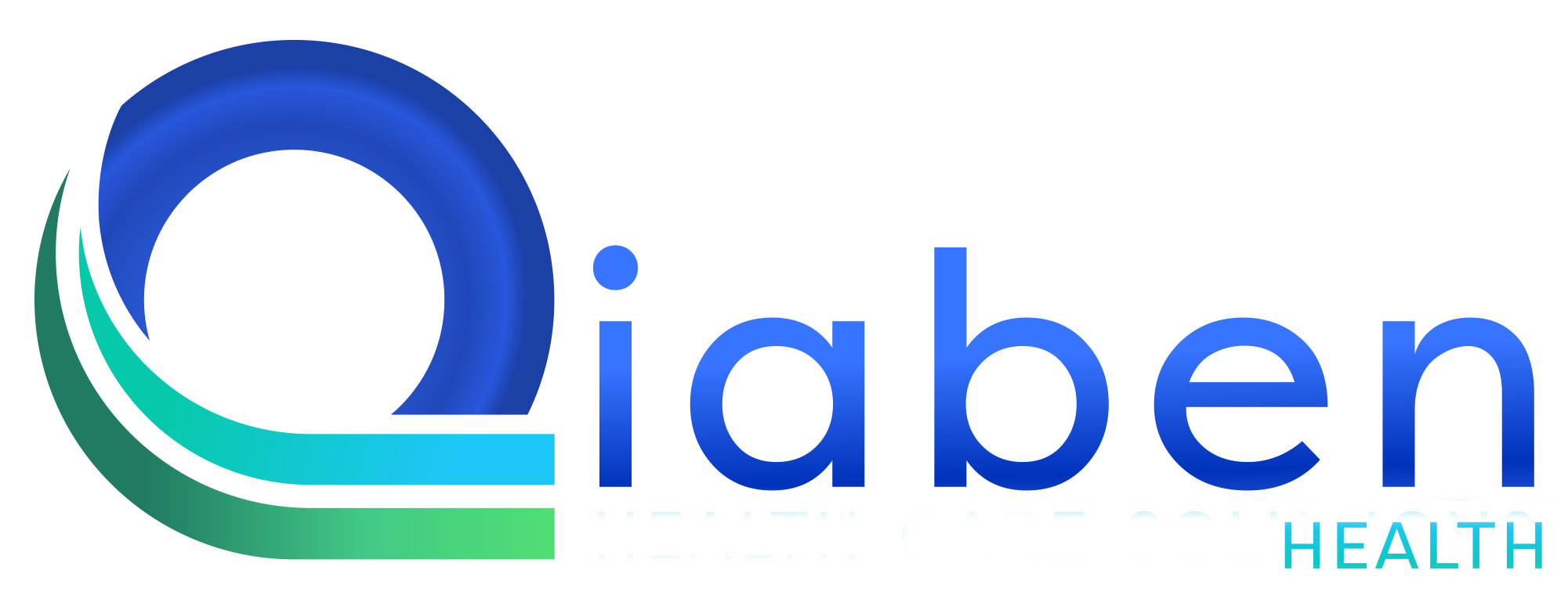
The healthcare industry has changed drastically in the past decade. One of the biggest game changers is the rise of Electronic Health Records (EHR). These digital systems have replaced paper-based records and are now an essential part of modern medicine.
Today, let’s explore how EHRs are revolutionizing healthcare and why EHR software for small practices is a powerful tool in this digital transformation.
What Are Electronic Health Records?
Electronic Health Records (EHRs) are computerized records that replace traditional paper charts, offering up-to-date, patient-focused information that authorized medical professionals can access quickly and securely. Unlike basic clinical notes, EHRs deliver a more comprehensive snapshot of a patient’s health, covering aspects such as:
- Medical history
- Diagnoses
- Medications
- Immunization dates
- Allergies
- Lab results
- Radiology images
The ability to access this data quickly improves decision-making and enhances care quality.
How EHRs Are Revolutionizing Healthcare
1. Better Coordination of Care
EHRs make it easier for providers to share information with other specialists or facilities This leads to reduced test repetition, quicker care delivery, and a lower risk of mistakes. It also improves outcomes in complex or chronic conditions.
2. Improved Patient Safety
Alerts about drug interactions, allergies, or incorrect dosages help protect patients. With immediate access to critical information, healthcare providers can prevent harmful errors and unnecessary expenses.
3. Increased Efficiency
EHR systems automate many administrative tasks such as billing, prescription refills, and patient reminders. This allows doctors and staff to spend more time with patients instead of paperwork.
4. Enhanced Patient Engagement
With EHR portals, patients can access their records, test results, and upcoming appointments online. They can also message their providers securely, boosting communication and involvement in their care.
Why EHR Software for Small Practices Matters
For large hospitals, adopting EHR was inevitable. But small clinics and solo providers were slower to adapt due to cost and complexity. Today, this has changed.
EHR software for small practices is now more accessible, affordable, and tailored to the unique needs of independent providers.
Let’s dive into how this software is changing the game for smaller medical teams.
The Rise of Affordable EHR Systems
Budget limitations are among the most significant hurdles faced by small healthcare practices. Unlike hospitals, they can’t spend millions on software. Thankfully, affordable EHR systems now provide essential features without the hefty price tag.
These systems often include:
- Appointment scheduling
- Charting
- Billing integration
- E-prescribing
- Patient portals
And because they are built for smaller operations, they are simpler to use.

Choosing the Best EHR for Small Medical Practice
As you choose the ideal EHR for a small medical practice, it’s essential to align it with your daily workflow needs. Does the software help streamline your daily routine. Will your staff be able to pick it up quickly and use it with confidence?
You’ll also want to ensure it has good customer support. Smaller practices may not have IT departments, so responsive help is a must.
Look for features like:
- Customizable templates
- Drag-and-drop scheduling
- Voice dictation support
- Quick billing tools
These features speed up work and reduce burnout.
EHR Solutions for Independent Practices
EHR solutions for independent practices focus on flexibility. Whether you’re running a family clinic or a mental health centre, your EHR should adapt to your specialty.
Some systems are even specialty specific. This means they include templates and billing codes tailored to areas like paediatrics, dermatology, or psychiatry.
Flexibility ensures that smaller clinics don’t have to settle for one-size-fits-all tools.
Why Cloud-Based EHR Software Is Ideal
In today’s world, mobility matters. With cloud-based EHR software, you don’t need on-site servers. Your information is available on any internet-enabled device, giving you flexible access anytime, anywhere. This is especially helpful for practices that:
- Have remote staff
- Work across multiple locations
- Want to reduce IT costs
Cloud systems also receive regular updates and backups, improving security and minimizing downtime.
Small Practice EMR Software: EMR vs EHR for Small Clinics
Some providers still ask: What’s the difference between EMR and EHR?
- EMR (Electronic Medical Records) are digital versions of paper charts used within one practice.
- EHR (Electronic Health Records) go further. They share information across providers and systems.
For smaller healthcare practices, comparing EMR and EHR systems is a key step in choosing the right digital solution. If you want to grow, collaborate, or refer patients easily, EHR is the better choice.
Most modern systems now fall under the EHR category, even if they’re marketed as EMRs.
Easy-to-Use EHR Systems Are a Must
The ease of use plays a crucial role in determining how smoothly an EHR system is adopted. An easy-to-use EHR can reduce training time and boost staff productivity.
Look for software with:
- Intuitive dashboards
- Mobile apps
- Minimal clicks for common tasks
- Clear navigation menus
Good design means fewer errors and faster adoption by your team.
HIPAA Compliant EHR Protects Your Practice
Security should never be an afterthought. Any system you choose must be a HIPAA compliant EHR to ensure patient data privacy.
This includes:
- Data encryption
- Role-based access control
- Secure messaging
- Audit trails
Compliance protects your practice from fines and your patients from breaches.
EHR Software for Solo Practitioners
Solo providers face unique challenges. They wear many hats—doctor, admin, biller. The right EHR software for solo practitioners can reduce stress and simplify operations.
Key features to look for:
- One-screen patient view
- Built-in billing or claims submission
- Automated reminders
- Voice recognition charting
Many EHR vendors now offer plans specifically for solo or part-time practices at a low monthly cost.
The Future of Electronic Health Records for Small Clinics
Looking ahead, electronic health records for small clinics will continue to evolve .Artificial intelligence, wearable health devices, and virtual care tools are already becoming part of today’s healthcare systems.
In the future, we can expect:
- Predictive analytics for better diagnosis
- Automated coding for faster billing
- Real-time patient tracking tools
Small clinics that adopt modern EHR systems now will be better prepared to thrive in tomorrow’s healthcare landscape.
Final Thoughts
Electronic Health Records are no longer optional—they’re essential. For small clinics and solo providers, the good news is that today’s EHR software for small practices is more powerful, affordable, and user-friendly than ever before.
By choosing the right EHR, small medical practices can:
- Improve patient care
- Reduce costs
- Increase efficiency
- Stay compliant
- And grow confidently
The digital transformation of healthcare is here. Ensure your practice stays ahead by joining this digital transformation.
Need guidance choosing the right EHR system for your clinic?
Let Qiaben Health Solutions guide you to a tailored solution that fits your needs, budget, and goals.








